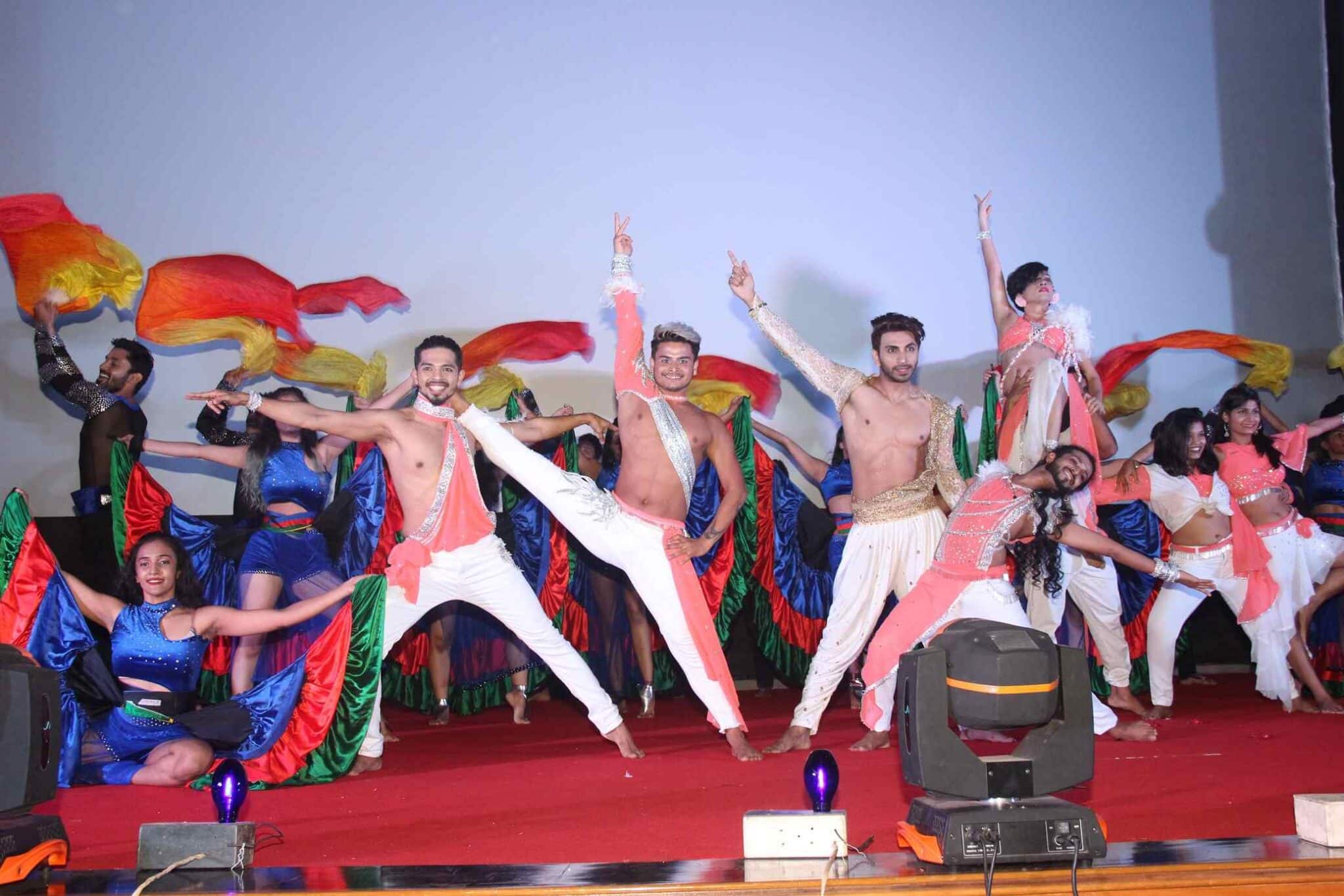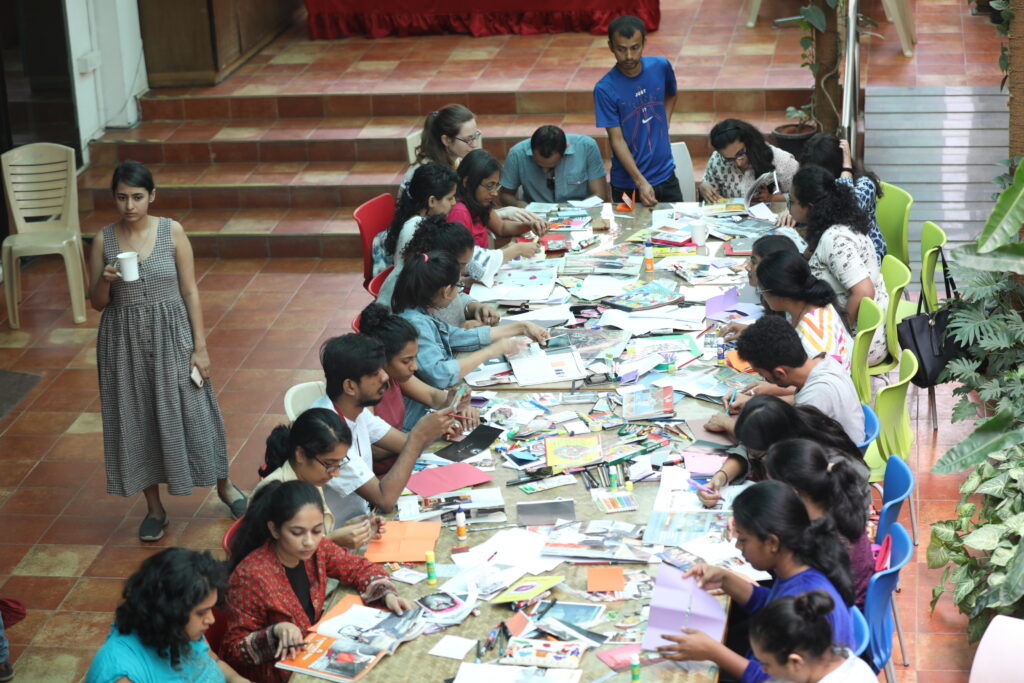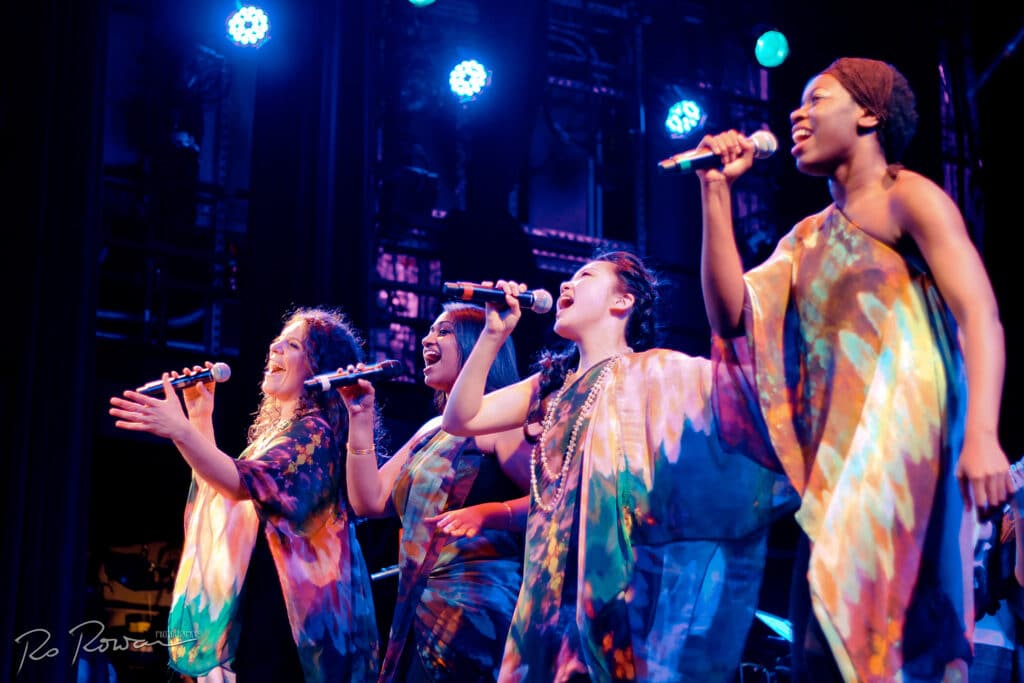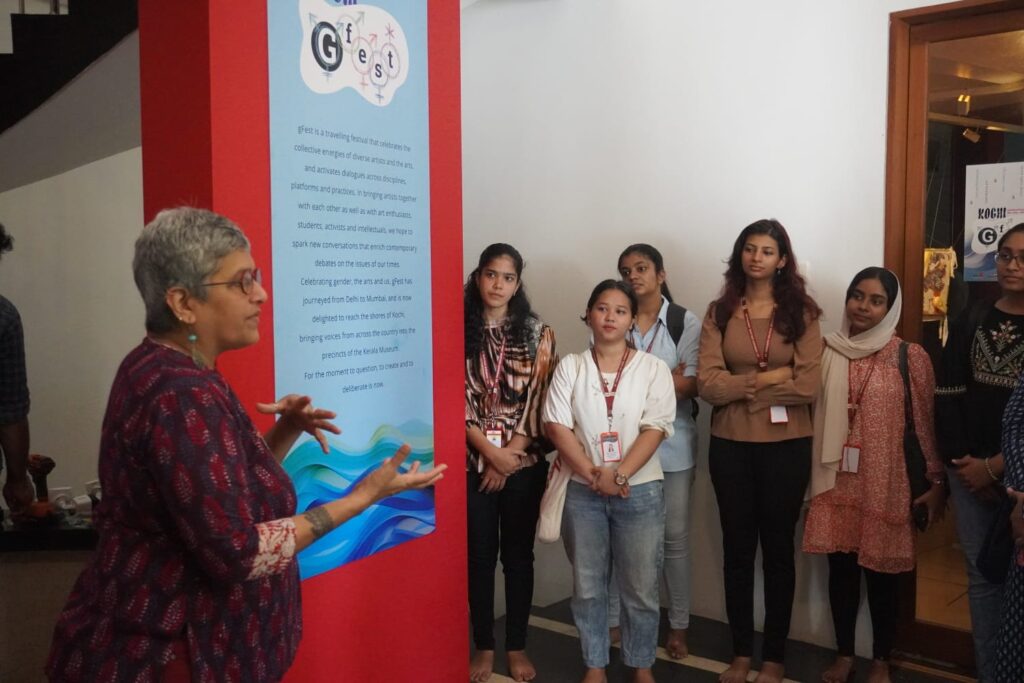Though the decriminalisation of Section 377 of the Indian Penal Code in 2018 transformed the lives of India’s LGBTQ+ community, the challenges of organising queer festivals in our country remain, with roadblocks related to programming, finance and other aspects. We spoke to the founders of three of popular events, the KASHISH Mumbai International Queer Film Festival; the Chennai Queer LitFest and Mumbai-based Gender Unboxed, about what it takes to put together their respective labours of love.
Sridhar Rangayan, Founder and Festival Director, KASHISH Mumbai International Queer Film Festival
“Every year we have to start anew. We don’t know what sponsors will come through. The pandemic has affected a lot of sponsors that have backed out because of their own internal issues. KASHISH subsidises the attendees by [charging] a very minimal cost for registration because we want to make it more accessible to the marginalised communities. We make it free of cost for students and trans community members. That is not a revenue model most of other festivals follow.
We don’t ask [anybody] their sexuality and nobody has to advertise their gender. [Yet] people, especially the non-LGBTQ+ population, are still apprehensive about coming to the festival. That mindset has to change. We would definitely like to see more films being made by LGBTQ+ people themselves, especially in the mainstream space. KASHISH is producing and distributing LGBTQ+ content. That’s one of the main things we really need to focus on and build skills of the LGBTQ+ community so that they can become better writers, directors and actors. We’re okay with non-LGBTQ+ people doing films on queer issues but I think we should have an equal space.”
Chandra Moulee, Director and Festival Curator, Chennai Queer LitFest
“Through our festival, we are trying to address the lack of queer narratives [from] mainstream publishing houses. The current social situation is such that if you are out as a queer person, there is a risk of you being put in a box. When we have speakers who come and talk about their books or their translation work, there is a risk that the publishers who are not queer-friendly will not engage with them or that mainstream literary festivals will ignore them. It’s something we have found happening quite often.
What I would like to see changing is the vision of people and how they see queer events. In the second year, we spoke about children’s literature and how it could be inclusive of everyone and not perpetuate stereotypes. That was not very queer specific. I would like people to understand that there is something for everyone to learn and gain from these events. I would [also like to see a] change [in] the landscape of literature in our country, because right now, even the access to publication is very limited. We don’t have many out editors to commission stories.”
Shataakshi Verma, Festival Director, Gender Unboxed
“These days with so many organisations, it has become a bit easier to talk about sexuality, gay rights and lesbian rights. [But] when it comes to it’s transgender and inter-sex people, it’s still very taboo. When we started talking about these genders to corporates, most of them told us that they were not ready to take such a bold approach. They ask us to make our programming a bit more subtle and we don’t want to do that.
[For example,] we had a partnership with [a global beverage company] a year ago. They wanted us to make a film about gender but they didn’t like our approach because [they felt] it was too in your face. They asked us to mellow it down and we did, because they were paying us. I would love to see [more] networking through which we can reach out for support instead of putting out arrows in the blind. I would like to see funding become a bit more diverse.”




Share on